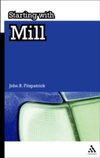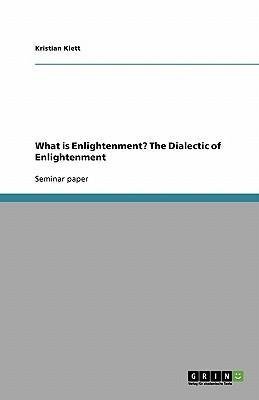
-
 Anglický jazyk
Anglický jazyk
What is Enlightenment? The Dialectic of Enlightenment
Autor: Kristian Klett
Seminar paper from the year 1999 in the subject Philosophy - Philosophy of the Present, grade: Pass, University of Melbourne, course: Introduction to Critical Theory, language: English, abstract: While we live in a post-modern World - having the age of Enlightenment,... Viac o knihe
Na objednávku, dodanie 2-4 týždne
16.28 €
bežná cena: 18.50 €
O knihe
Seminar paper from the year 1999 in the subject Philosophy - Philosophy of the Present, grade: Pass, University of Melbourne, course: Introduction to Critical Theory, language: English, abstract: While we live in a post-modern World - having the age of Enlightenment, the eighteenth century, far in our rear view mirror - the concept of Enlightenment is still a basic philosophical task. Its origin, its constitution and its goal are wildly disputed, unknown or undefined, whatever point of view might here be adequate. Still, Enlightenment is seen to be a determining part of human nature, of "what we are, what we think, what we do." (Foucault, p.32) We still live (and an interesting question here would be: will we always live?) within the 'shadow' of the eighteenth century Enlightenment, even though the new era of modernity or post-modernity has been introduced. Since Enlightenment "dissolve[d] the injustice of the old inequality" (Adorno, p.12) of church, nobility, Bourgeoisie and the people, of mastery and serfdom with reason as its mediator, we face the problem of its side effects and its results, and - most importantly - its limits. Must man define his border to experience freedom (which is still within limits though they are not consciously felt, if these limits are wide enough), or can he overcome a reasonable reason in some way? Alternatively has institutionalised knowledge (with the help of religion) established a "building" of ideologies1 that is of eternal character? This leads to the question of possible "exits" from Enlightenment which already happens to have been a "way out" (Foucault, p.34) from immaturity, but is now mutilated to a new "prison" of human beings in post-modernity. Is the human mind ever to reach a state of "nirvana" or its secular utopia, a never available dream world; liberty of universals, the ultimate freedom? Will man ever be able to come back to paradise, now that he has eaten from the "tree of knowledge"? (Kantos, p.239)
This essay tries to elaborate on the post-modern view of Enlightenment through the perspective of Adorno and Horkheimer's "Dialectic of Enlightenment" and the contrary perspective of Foucault's essay, "What is Enlightenment?"
- Vydavateľstvo: GRIN Verlag
- Rok vydania: 2008
- Formát: Paperback
- Rozmer: 210 x 148 mm
- Jazyk: Anglický jazyk
- ISBN: 9783640203239
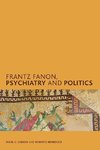
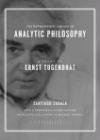





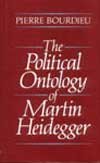

 Ruský jazyk
Ruský jazyk 

